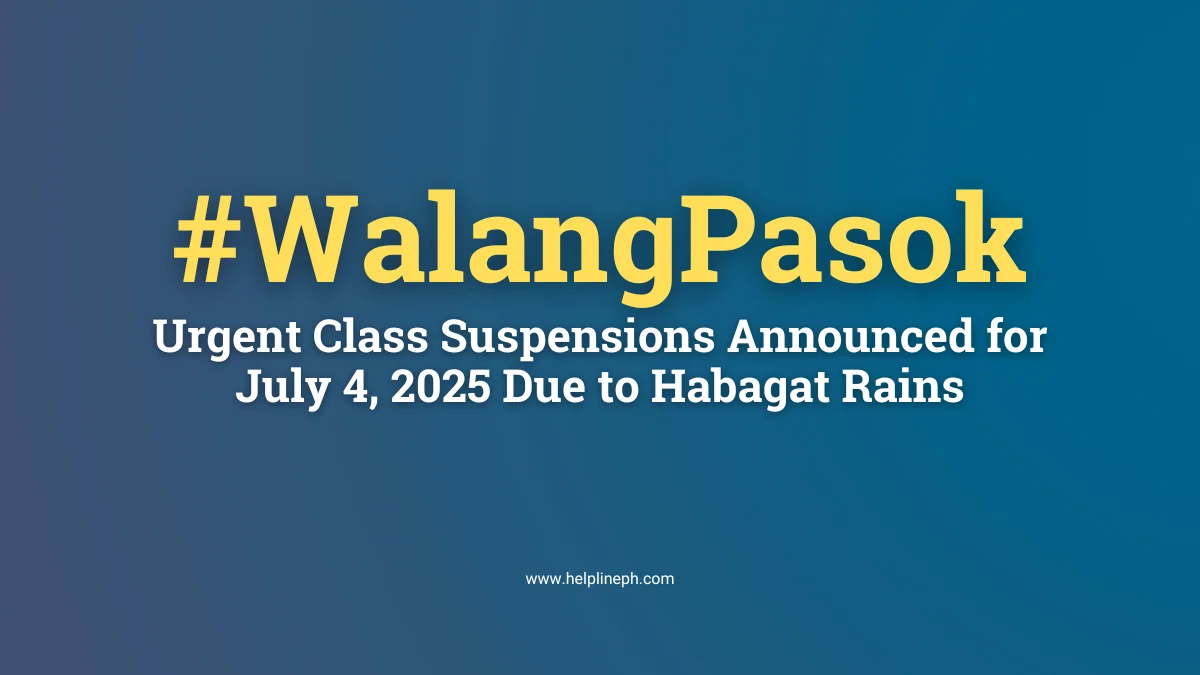CSC issues new rules on maternity, adoption leave for gov’t workers
The Civil Service Commission (CSC) has come out with rules and procedures for the availment of maternity leave, paternity leave, adoption leave, and other leave privileges for civil servants.
CSC Resolution No. 2100020 amended the Omnibus Rules on Leave (CSC Memorandum Circular No. 41, s. 1998, as amended) to align its provisions with Republic Act No. 11210 or the “105-Day Expanded Maternity Leave Law” and its implementing rules and regulations.
Pursuant to R.A. 11210, Sections 11 to 18 of CSC Resolution No. 2100020 grant female employees in the government service 105 days of maternity leave with full pay for live childbirth regardless of the mode of delivery, and 60 days with full pay for cases of miscarriage or emergency termination of pregnancy.
The female worker is also given the option to extend the maternity leave for another 30 days without pay, or use her earned sick leave credits for extended leave with pay.
Moreover, the said law allows the mother to allocate up to seven (7) days of her maternity leave benefit to the child’s father, whether or not married to her, or in case of the father’s incapacity, to an alternate caregiver.
Notably, CSC Resolution No. 2100020, as aligned with CSC-DOLE-SSS Joint Circular No. 1, s. 2019, allows retroactive application of the maternity leave benefit, stating that female employees who were qualified to receive such benefit beginning 11 March 2019, or the effectivity date of R.A. 11210, but were granted less than 105 days or 60 days with full pay, as the case may be, may resume their remaining maternity leave and receive the equivalent pay.
Moreover, female employees whose sick or vacation leave credits were deducted as a result of the application of the old maternity leave law, rules, and regulations, shall be entitled to have these leave credits restored.
The rule on the grant of paternity leave under Section 19 of the Omnibus Rules on Leave pursuant to R.A. No. 8187 or the Paternity Leave Act of 1996 is also updated. In CSC Resolution No. 2100020, the CSC added the proper filing of an application for paternity leave, and the entitlement of child father’s to overtime pay in case his application for paternity leave is denied due to exigency of the service.
Adoption leave
Qualified adoptive parents in the government service can now avail of a 60-day adoption leave.
CSC Resolution No. 2100020 grants the adoption leave of 60 days to government employees who are adoptive parents. Said issuance is pursuant to Republic Act No. 8552 or the “Domestic Adoption Act of 1998”.
Section 20 of the Resolution specifically provides that a qualified female employee or a single male employee may avail of adoption leave of sixty (60) days with full pay, which leave shall be enjoyed in a continuous and uninterrupted manner. Meanwhile, the legitimate male spouse of the female employee entitled to adoption leave can also avail of adoption leave of seven (7) days with full pay in consonance with R.A. No. 8187 which shall likewise be enjoyed in a continuous or in an intermittent manner.
The adoption leave must be availed of in a continuous and uninterrupted manner, as it is intended to “provide an opportunity for the prospective adoptee and the adoptive parent/s to develop bonding similar to that between a child and his/her biological parents.”
Leave forms
The CSC reminds government workers to observe the rules and procedures for the availment of leave privileges.
The amended leave rules prescribe the use of the revised Application for Leave Form (Civil Service Form No. 6, s. 2020) and discontinues the use of CS Form No. 41 (Philippine Civil Service Medical Certificate) for leave application. A medical certificate issued by a government or non-government physician may be submitted in support of the application for leave, if necessary.
The Notice of Allocation of Maternity Leave (CS Form No. 6a, s. 2020) shall be used to facilitate the allocation of maternity leave benefits to the child’s father or to an alternate caregiver employed in the government service or the private sector.
Source: Civil Service Commission
If you’re looking for FREE downloadable teaching materials and resources such as workbooks, worksheets, forms, guides, and modules, you can download it below:
[table id=1 /]





